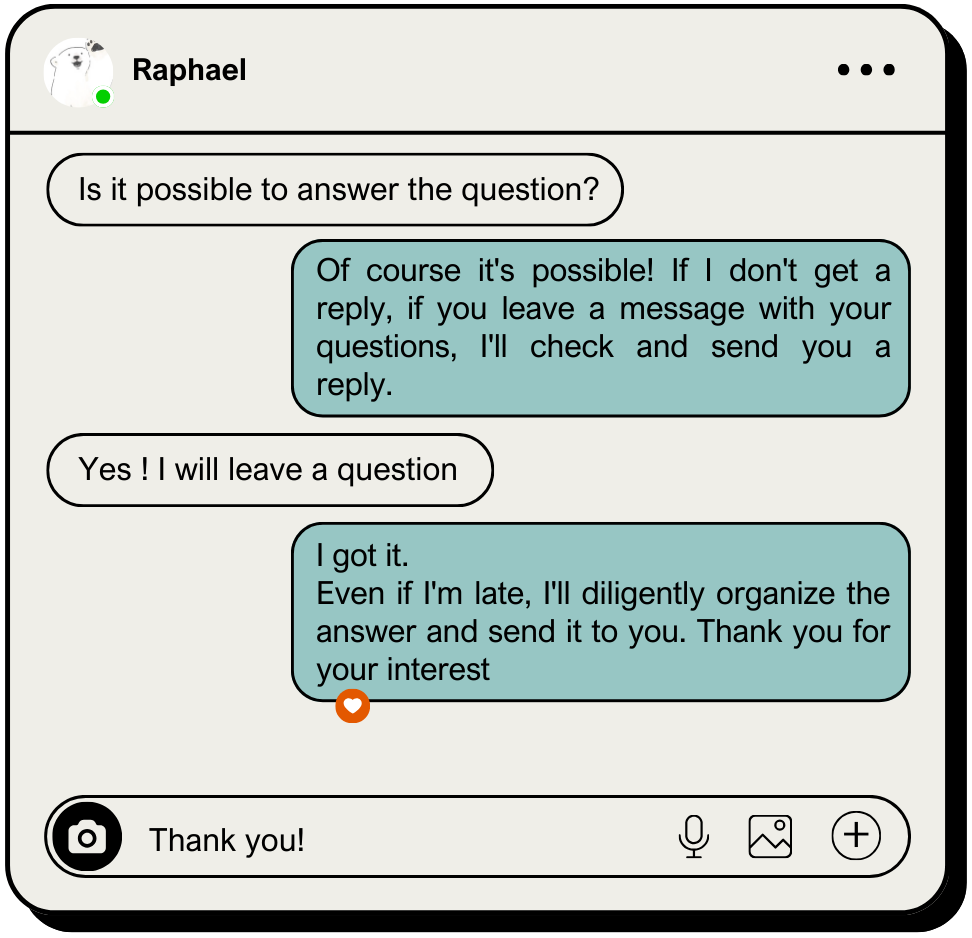Can you pay monthly bills with a debit card? Navigating the modern landscape of bill payments, a question that often arises is whether monthly bills can be cleared using a debit card. This article aims to provide in-depth exploratory information on the use of debit cards for settling routine charges. Touching upon the historical context, the transition from cash-based to digital transactions is clarified, followed by an exploration of contemporary trends that underline the increased relevance of debit cards.
Complex terminologies are distinctly defined, paving the way for a detailed understanding of the subject whilst the question is scrutinized via two case examples exhibiting the practical application of these plastic powerhouses. The article further offers a comparative analysis of varying perspectives surrounding this topic, followed by an evaluation of ramifications conferred by these differing viewpoints. Progressing towards future trajectories, insights into likely trends and broader industry implications are thoughtfully highlighted. Conclusively, the discussion is neatly tied, providing a compelling closure and an invitation for readers to partake in the discourse. Referenced sources accompany the article, allowing for additional reading opportunities.
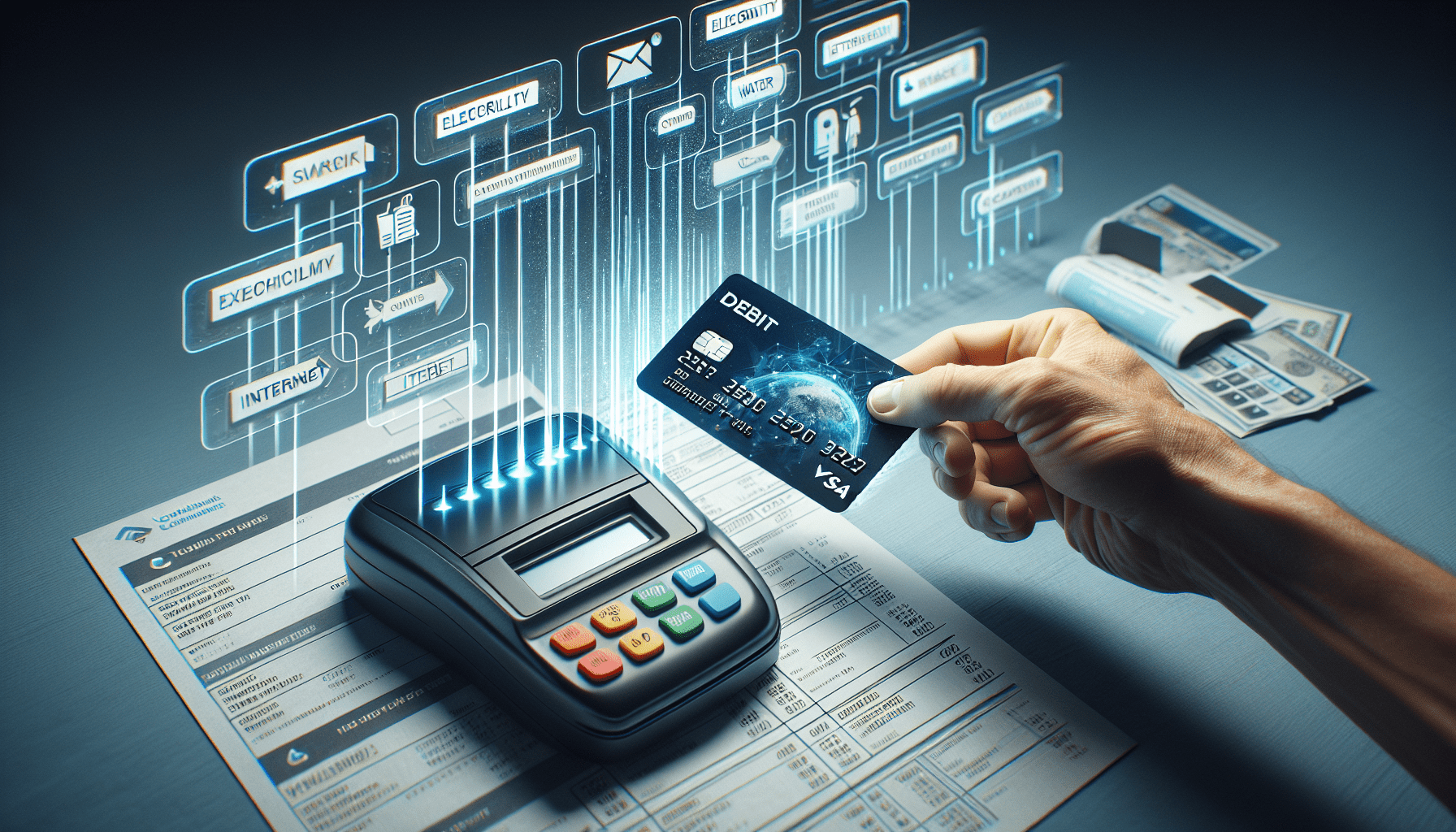

Understanding Debit Cards
Definition of a Debit Card
A debit card refers to a plastic payment card that provides the cardholder with electronic access to their bank account at a financial institution. It is also known as a bank card or check card. It enables cashless transactions for goods and services either online, at a Point Of Sale (POS) or through an Automated Teller Machine (ATM).
How Debit Cards Function
When a customer makes a purchase using a debit card, the funds are withdrawn directly from their linked bank account in real-time. Upon presentation of the debit card, the seller's banking platform requests authorization from the issuer (usually a bank) for the requested transaction amount. Once the bank has confirmed that the customer’s account holds sufficient balance, the transaction is approved.
The Difference Between Debit Cards and Credit Cards
A significant difference between debit and credit cards lies in their funding source. While a debit card draws directly from a user’s bank account balance, a credit card allows the user to borrow money from the card issuer up to a certain limit to pay for the purchases. Therefore, debit cards require the user to have the necessary funds in their account in advance, while credit cards can be used for deferred payments.
The Feasibility of Paying Monthly Bills with a Debit Card
General Feasibility of Utilizing Debit Cards for Payments
Paying monthly bills with a debit card is feasible for many types of payments. Many service providers accept debit card payments for monthly bills as it is an easy, efficient, and cashless method for both the payer and receiver. Also, it offers immediate transfer of funds, which ensures prompt payment and receipt of services.
Specific Bills that Can be Paid Using a Debit Card
Debit card users can generally pay for a wide range of expenses including utilities such as electricity, water, gas and internet bills; subscription services like streaming platforms, news outlets and music apps; and others like insurance premiums, mortgage or loan repayments.
The Pros and Cons of Using Debit Cards for Bill Payments
Using a debit card for bill payments has several advantages. It's convenient, as it eradicates the need for physical cash or checks. It also ensures timely payments and helps avoid late payment fees. However, it has some disadvantages as well. One of the drawbacks is the possibility of overdraft fees if your bank account does not have enough funds to cover the transaction. Additionally, unlike credit card payments, debit card payments do not contribute to improving your credit score.
Setting up Debit Card Payments
Linking Your Debit Card to Service Provider’s Platform
To set up automated bill payments using your debit card, you first need to provide the card information to your service provider. This generally includes the card number, the holder’s name, the card’s expiration date, and the Card Verification Value (CVV). After this step, your bills will be debited automatically from your account as per the billing schedule.
The Role of the Bank in Enabling Debit Card Payments
The bank plays a critical role in enabling debit card payments by providing the necessary infrastructure for these transactions to take place. Apart from verifying and authorizing transactions, banks also provide security measures to prevent fraud and ensure account privacy.
Continuous Payments: Automated Bill Pay via Debit Card
With automated bill payment, bills are paid on time every month with no intervention required from the customer. This guarantees the seamless delivery of services without the need to remember each due date, eliminating the possibility of missing a payment.
Security Concerns
The Risk of Fraud and Theft
There are inherent risks associated with the use of debit cards, primarily fraud and theft. As such, it's essential to ensure that your card information is secure and not easily accessible to unauthorized individuals.
Safety Measures to Consider during Setup
When setting up debit card payments, always use a secure network and device. Avoid sharing your card details over phone calls or texts, and always double-check the payment amounts before clicking on confirm. Regularly monitor your bank's statements to detect and report any discrepancies.
Reversal of Unauthorized Transactions: Understanding the Bank’s Policies
Different banks have different policies regarding unauthorized transactions. Some banks offer zero liability, which means you won't be held responsible for any unauthorized transactions made with your card, once you report them promptly. Therefore, it's crucial to understand your bank’s policies in addressing card fraud and theft.
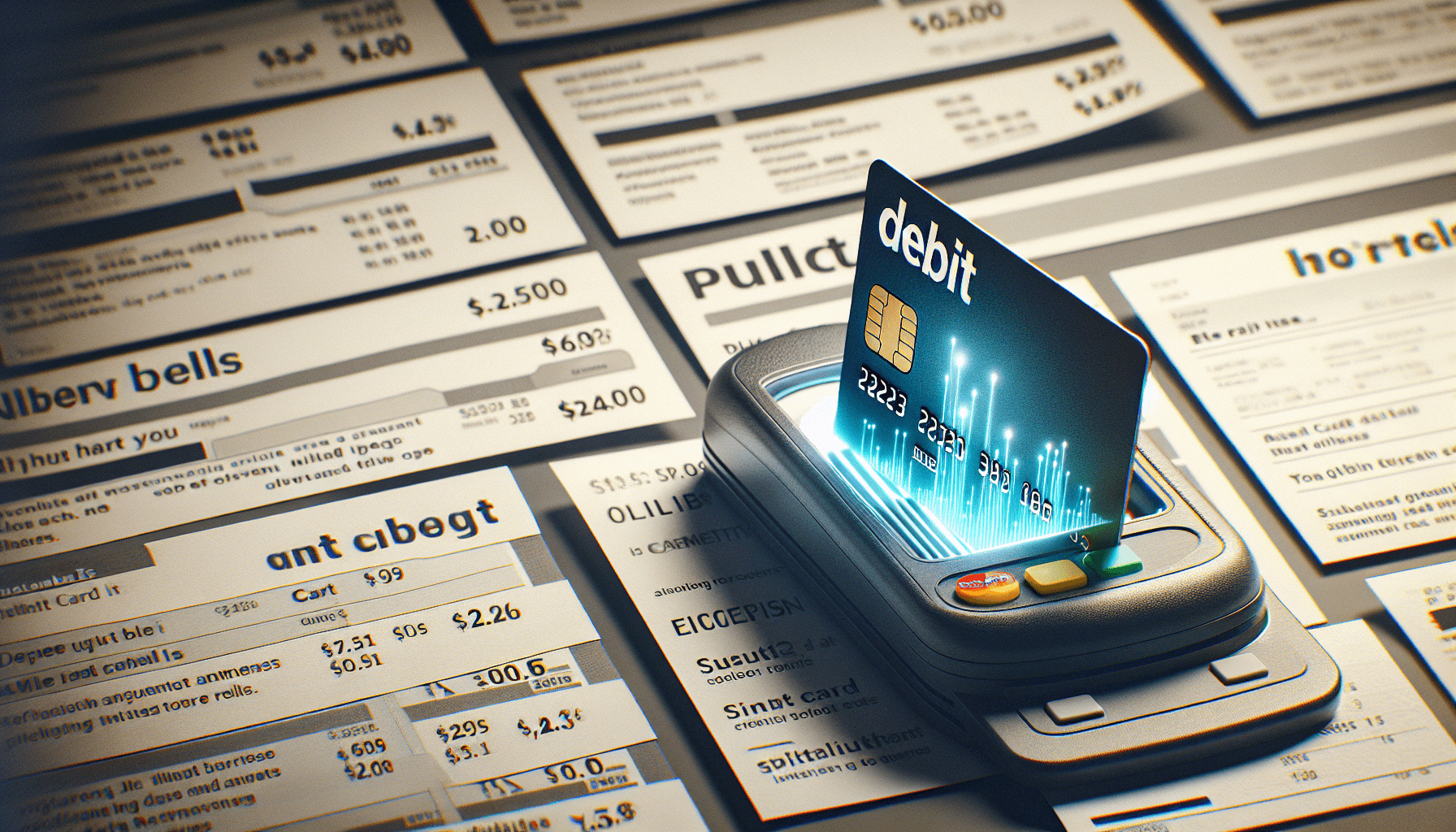
Debit Cards and Credit Score
Does Paying Bills with a Debit Card Affect Your Credit Score?
Paying bills with a debit card does not directly impact your credit score. This is because debit card transactions do not entail borrowing money to be repaid later, which is a component assessed in credit scores.
Understanding the Correlation Between Debit Card Usage and Credit Reports
Though debit card usage does not directly impact credit reports, mismanagement of the bank account linked to the debit card can have an indirect impact. For example, recurring overdrafts could signal to lenders that you have difficulty managing your funds, which could impact your ability to secure loans in the future.
Potential Impact on Future Credit and Loan Applications
If debit card misuse leads to regular overdrafts or unpaid fees, it could potentially affect your credit and loan applications. Lenders may view these as signs of financial instability, which could make it difficult for you to secure loans or credit cards.
Case Study: Debit Card as a Tool for Financial Management
How Debit Cards Help in Budgeting and Expenditure Tracking
Debit cards can aid in budget management by limiting spending to the balance in the bank account, unlike credit cards which allow for borrowing up to the credit limit. Plus, since each debit card transaction is reflected in the bank statement, it is easier to keep track of spending.
Success Story: An Individual or Organization’s Efficient Use of Debit Card for Bill Payment
Consider the case of a small business, which switched from check payments to debit card payments for its utility bills. The switch eliminated the time and cost involved in printing and mailing checks, and the business was able to better manage its cash flow by gaining immediate visibility into outgoing funds.
Lessons to Learn and Mistakes to Avoid
From this case, it is clear that using debit cards for bill payments can streamline operations and improve cash flow management. However, to avoid any pitfalls, businesses or individuals should ensure they maintain sufficient balance in their accounts to avoid overdrafts. They should also take measures to secure their card details to prevent fraudulent transactions.
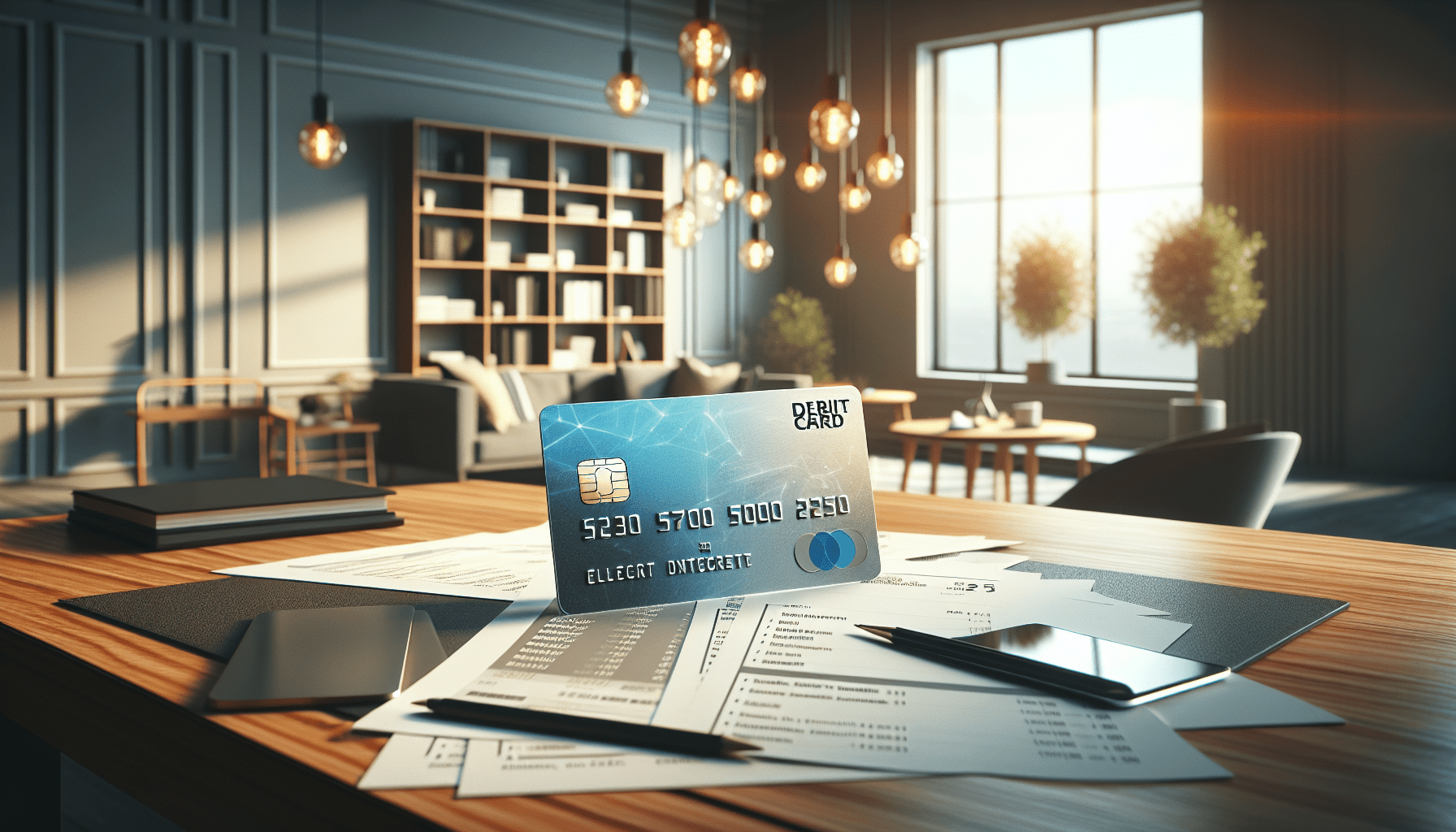
Alternative Payment Methods
Paying Bills Using Credit Card
Credit cards are another popular method for paying bills. They offer the possibility of earning rewards such as cash back or points on bill payments, and of improving credit scores, as regular and timely payments reflect favorably upon credit reports. However, if these balances are not paid off in full each month, the accruing interest can make this option more expensive than it initially appears.
Online Banking Platforms for Bill Payments
Online banking platforms also provide a convenient method to pay bills by setting up payees and scheduling recurring payments. They also allow for the immediate transfer of funds, and provide a consolidated platform to manage and track various bill payments.
Third-party Mobile Apps: Examining Efficacies and Risks
There are numerous third-party mobile applications that facilitate bill payments. However, although these apps often provide user-friendly interfaces and additional features, they also pose increased security risks. Therefore, it is advisable to research and choose apps that prioritize user security and are reputable.
The Impact of Digitalization on Bill Payments
The Growing Trend of Cashless Transactions
Cashless transactions have become increasingly popular due to their convenience and efficiency. With a shift towards digital solutions across various sectors, more and more consumers are adopting cashless payment methods for their daily transactions, including bill payments.
Influence of Technology on Bill Payment Methods
Advancements in technology have greatly influenced bill payment methods. The availability of secure payment gateways and mobile banking has made it possible to pay bills at any time from anywhere. Technology has also enabled real-time processing of transactions, eliminating waiting times associated with traditional payment methods.
The Future of Bill Payments: Predictions
The future of bill payments looks increasingly digital. As advanced technologies like AI and blockchain continue to evolve, they could potentially transform the bill payment landscape, making it more seamless, secure, and efficient.
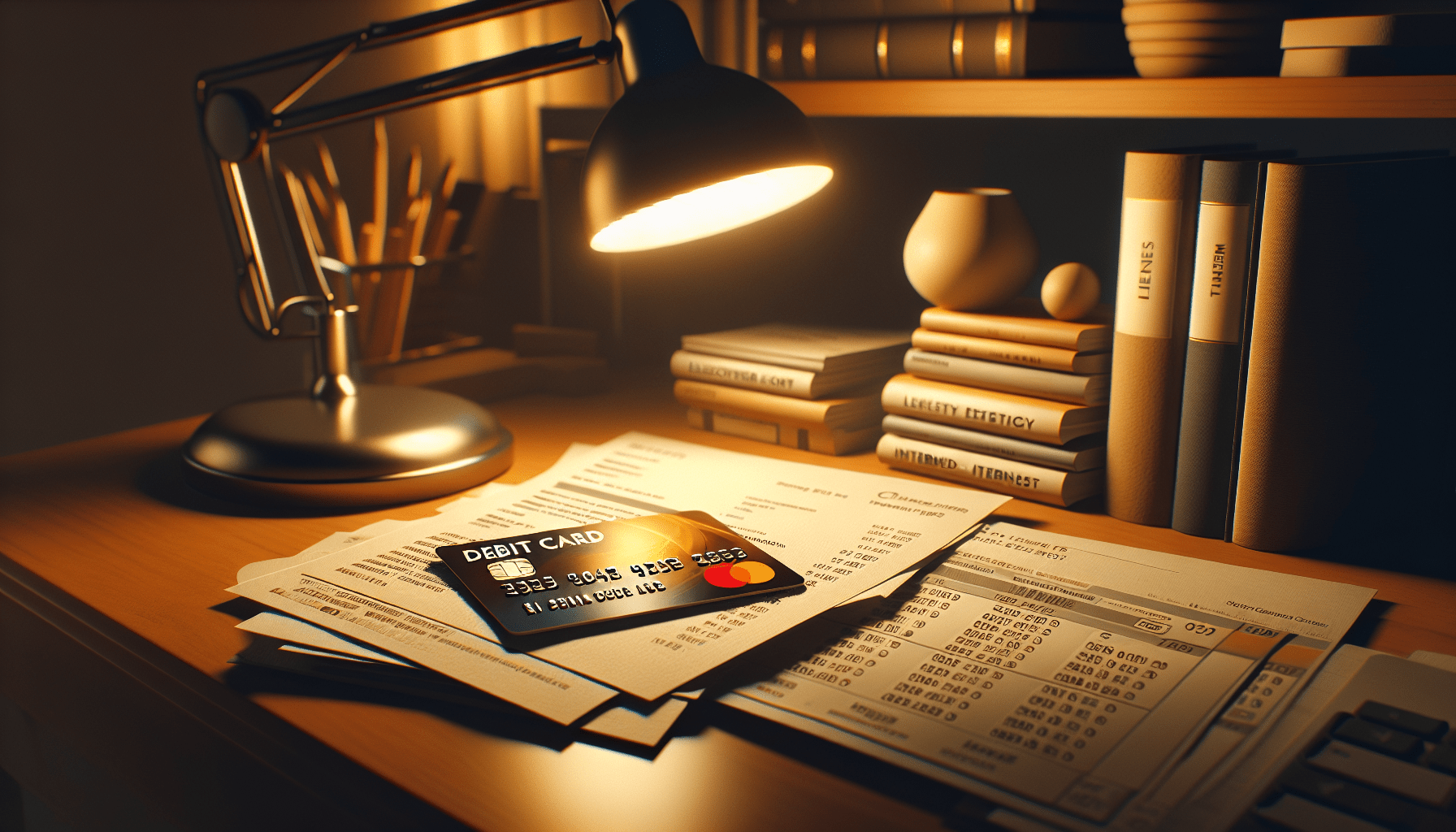
Conclusion: Is it wise to use Debit Card for Bill Payments?
Summarizing the Benefits and Pitfalls
Using a debit card for bill payments has several advantages including convenience, efficiency, and timeliness. However, it also has its drawbacks such as potential overdraft fees, security concerns, and lack of direct influence on credit score.
Individual Circumstances and Making an Informed Decision
Ultimately, the decision to use a debit card for bill payments should depend on an individual's financial situation, spending habits, and comfort with technology. It is advisable to weigh the advantages and potential challenges to make an informed decision that best fits one's needs.
Recap of the topic’s global impact and relevance
The global shift to cashless and digital transactions has made debit cards a popular and relevant tool for managing finances, including bill payments.
Engaging the Readers and Citing Sources
Invitation for Readers to Share Experiences and Ideas
We invite readers to share their personal experiences and ideas on this topic. Your insights and suggestions can help foster a more comprehensive understanding of the subject.
Listing of all Referenced Resources for Further Reading
While this article aims to provide an overall understanding of using debit cards for bill payments, readers are encouraged to look into further resources for a more in-depth analysis. Books, academic papers, and authoritative websites offer detailed studies and findings valuable for further reading.
Encouraging Continued Reader Participation and Engagement
We encourage readers to continue their engagement, share this article with others who might find it beneficial, and participate in future discussions. Your engagement enriches the discourse and extends the reach of these conversations.


